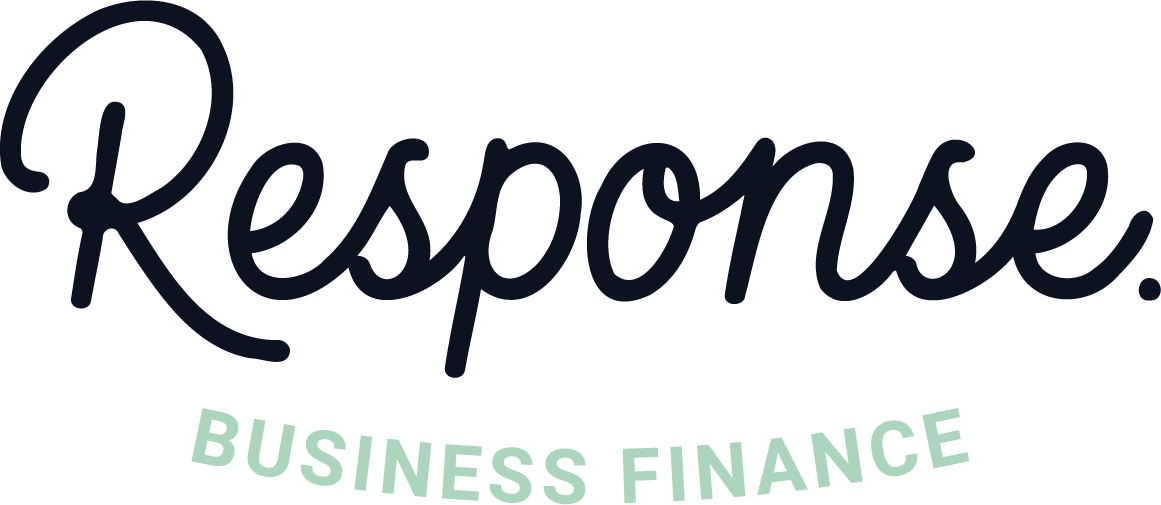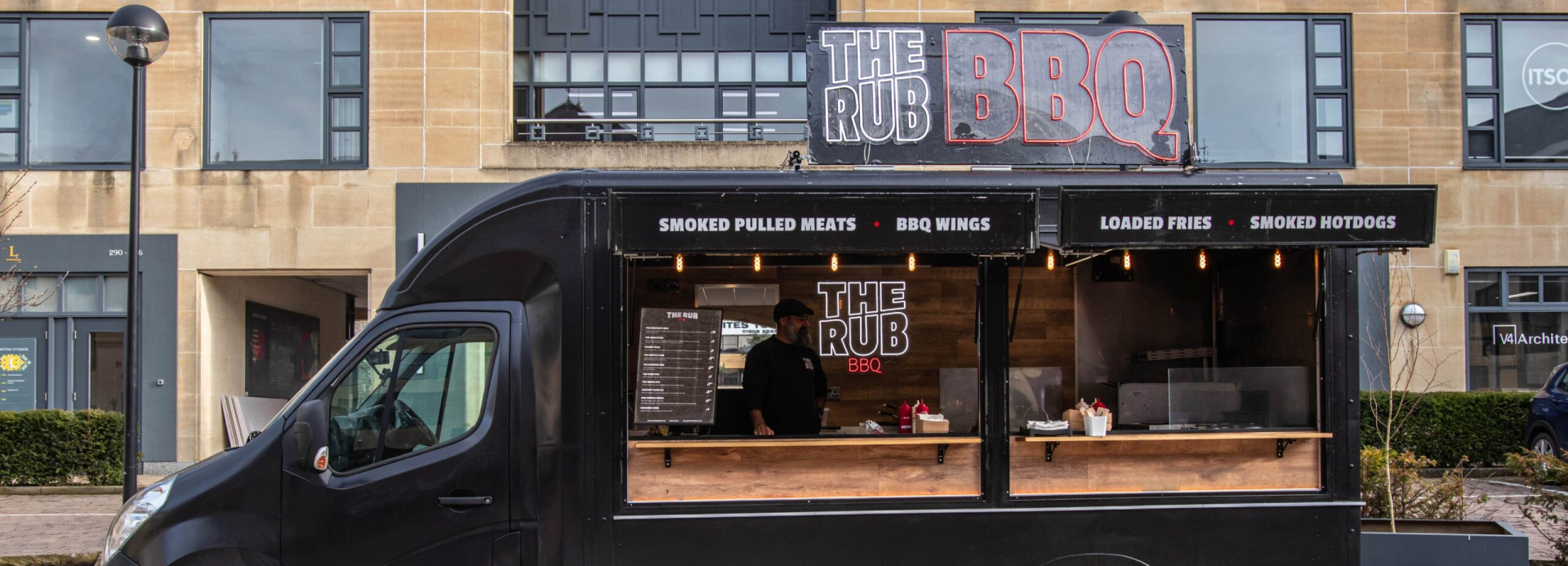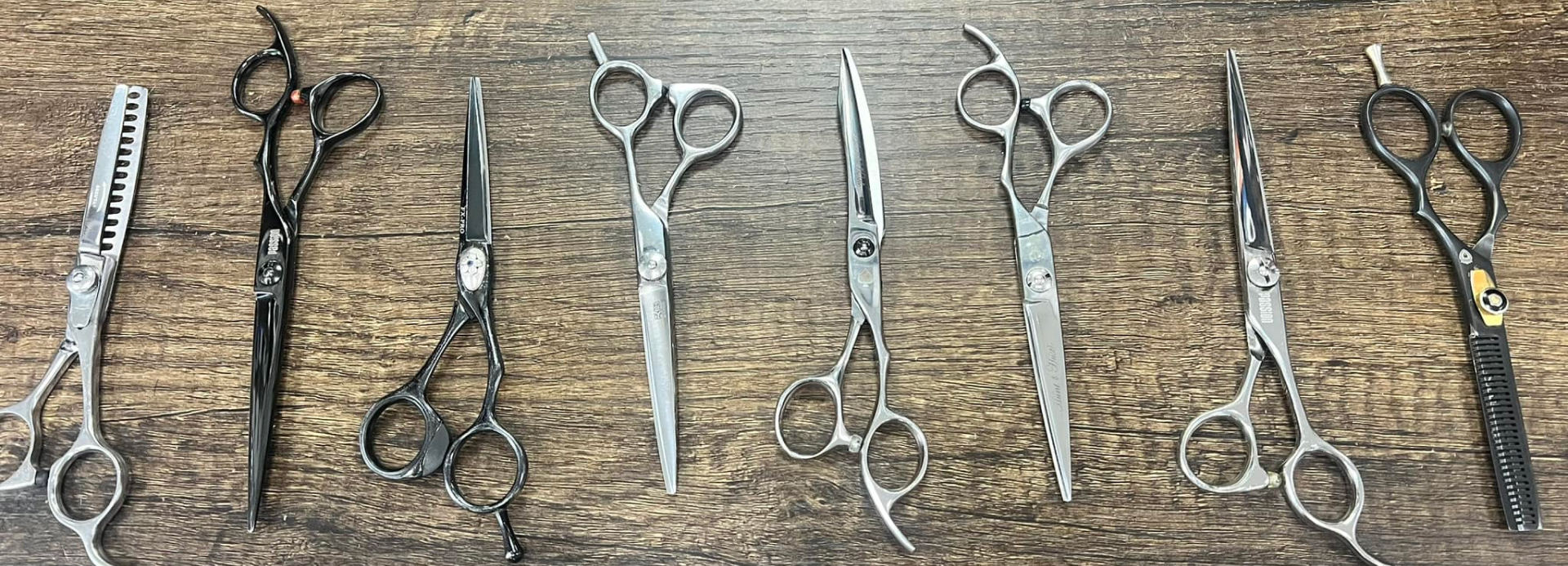
Blog Article by Response Business Finance
Is a Cash Advance Right for Your Small Business?
Cash flow problems hit fast. One week you’re cruising, the next you’re scrambling to cover payroll or restock inventory. A merchant cash advance (MCA) is right for your business if you need money within 48 hours, process lots of card payments, and can handle giving up 10-20% of daily sales until you’ve repaid the advance. It’s expensive but fast – and sometimes expensive money beats no money.
What Is a Merchant Cash Advance?
A merchant cash advance isn’t technically a loan. It’s a cash payment in exchange for a percentage of your future card sales.
Here’s how it works: You get a lump sum upfront (say £20,000). In return, the provider takes a fixed percentage of your daily card transactions until they’ve collected the agreed amount (maybe £28,000). No monthly payments, no fixed schedule – just a cut of each sale.
The “factor rate” determines how much you pay back. A 1.4 factor rate means you repay £1.40 for every £1 borrowed.
When Does an MCA Make Sense?
You Need Money This Week
MCAs are fast. Really fast. You can often get funds within 24-48 hours if your card sales history checks out.
Your Revenue Is Seasonal
Unlike traditional loans, repayments slow down when sales drop. If you run a beach café or Christmas decoration shop, this flexibility can be a lifesaver.
You Process Lots of Card Payments
MCAs work best for businesses with consistent card sales. Restaurants, retail shops, and service businesses often find them manageable because repayments happen naturally through daily transactions.
Banks Keep Saying No
If you’ve got patchy credit or limited trading history, MCAs might be your only option for quick funding.
When to Avoid an MCA
You Need Long-Term Funding
MCAs are expensive. Factor rates typically range from 1.2 to 1.8, which can work out to annual costs of 20-80% or more. If you need money for six months or longer, explore other options first.
Your Margins Are Tight
That daily percentage comes out whether you’re profitable or not. If you’re already struggling with cash flow, giving up 10-20% of every card sale could push you over the edge.
You Mainly Take Cash
MCAs rely on card transactions for repayment. If most of your customers pay cash, you’ll struggle to repay the advance.
The Real Costs
Factor rates look deceptively simple, but they can be expensive. A 1.4 factor rate sounds reasonable until you realise you’re paying back £14,000 on a £10,000 advance – possibly within a few months.
Unlike traditional loans, there’s no early repayment benefit. Pay back faster and you’re still on the hook for the full amount.
Better Alternatives to Consider
Invoice Finance If customers owe you money, invoice finance lets you unlock up to 90% of outstanding invoices within 24 hours. Often cheaper than MCAs and based on money you’ve already earned.
Asset Finance Need equipment? Asset finance spreads the cost over several years with fixed monthly payments. Much cheaper than using an MCA to buy assets.
Business Credit Cards For smaller amounts or short-term needs, business credit cards offer more flexibility and often lower costs than MCAs.
Unsecured Business Loans If you can wait a few days, unsecured loans typically cost less than MCAs and offer fixed repayment terms.
Who Benefits Most From MCAs?
Some businesses are naturally suited to merchant cash advances. Retailers with strong seasonal sales, restaurants with consistent footfall, and service businesses with regular card payments often find MCAs manageable.
Different industries have different funding needs and repayment abilities. Industries That Benefit Most From Merchant Cash Advances explores which sectors typically see the best results with this type of funding and why their business models align with MCA repayment structures.
Questions to Ask Yourself
Before signing up for an MCA, be honest about these questions:
The Bottom Line
Merchant cash advances aren’t inherently good or bad — they’re a tool. Like any tool, they work brilliantly in the right situation and can cause damage in the wrong one.
They’re expensive, but sometimes expensive money is better than no money. If you need cash fast, have strong card sales, and can handle the repayments, an MCA might solve your immediate problem.
Just make sure you’re not trading a short-term fix for a long-term headache.
Need help choosing the right funding option for your business?
We’ll talk you through all your options — fast, FCA-regulated advice tailored to your specific situation. No obligation, no sales pressure.
Mark Squires
Managing Director
Mark Squires is a seasoned professional with a passion for transforming how businesses access finance. As the founder of Response Business Finance (RBF), Mark leads a boutique commercial brokerage built on the principles of sensibility, ethics, and proactivity. His vision is simple yet profound: to make commercial finance personal, offering tailored solutions that empower SMEs to thrive.




